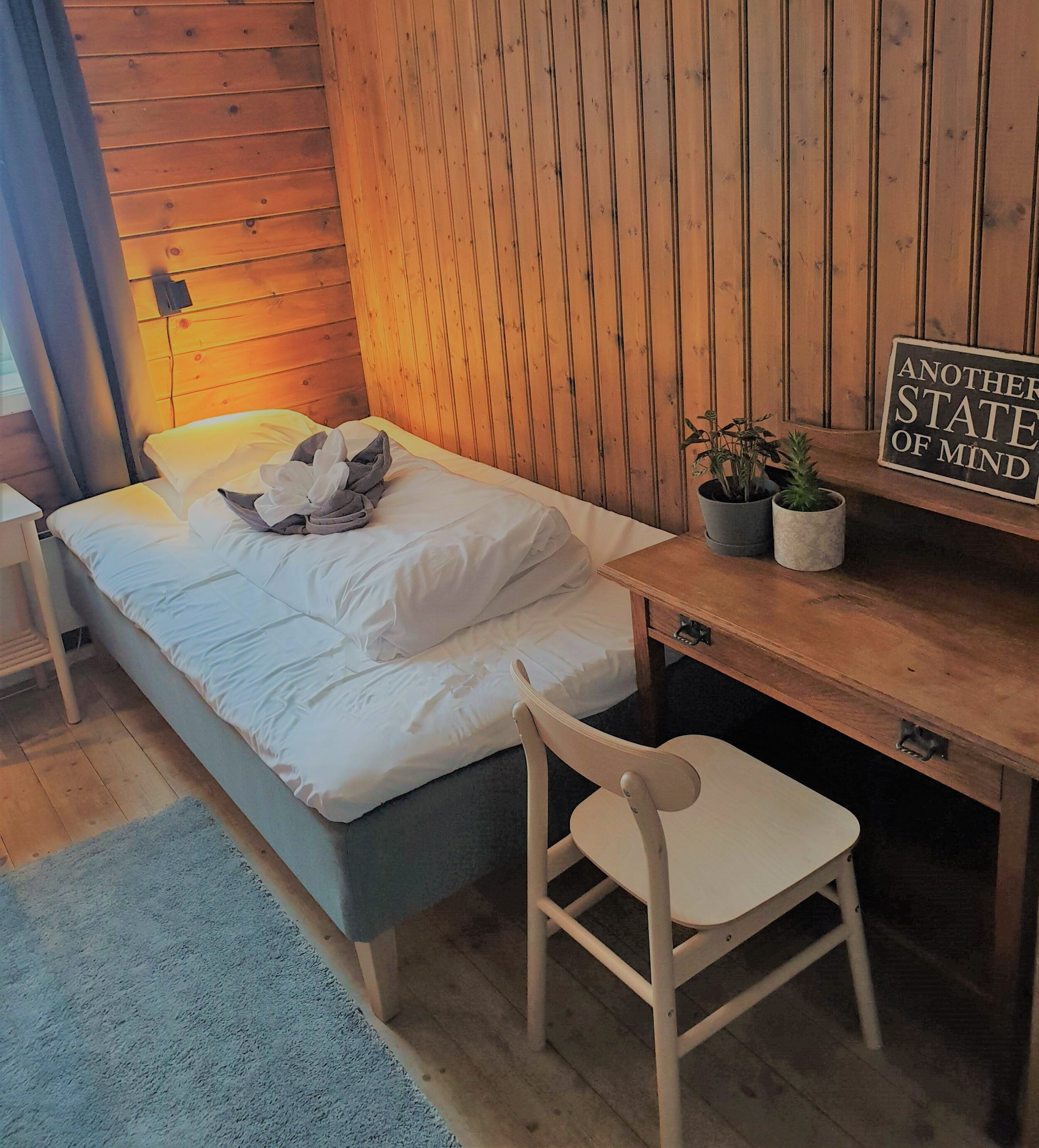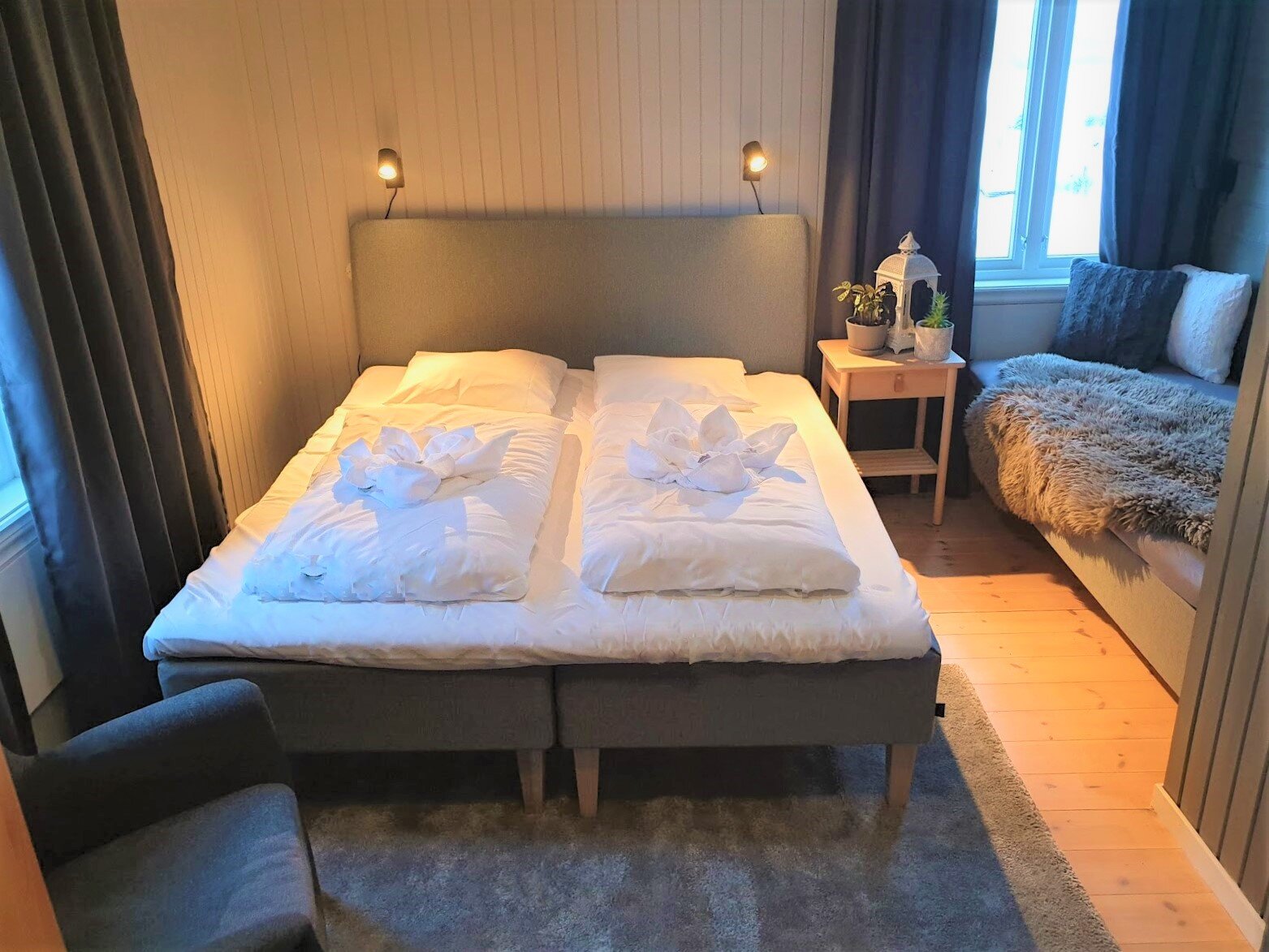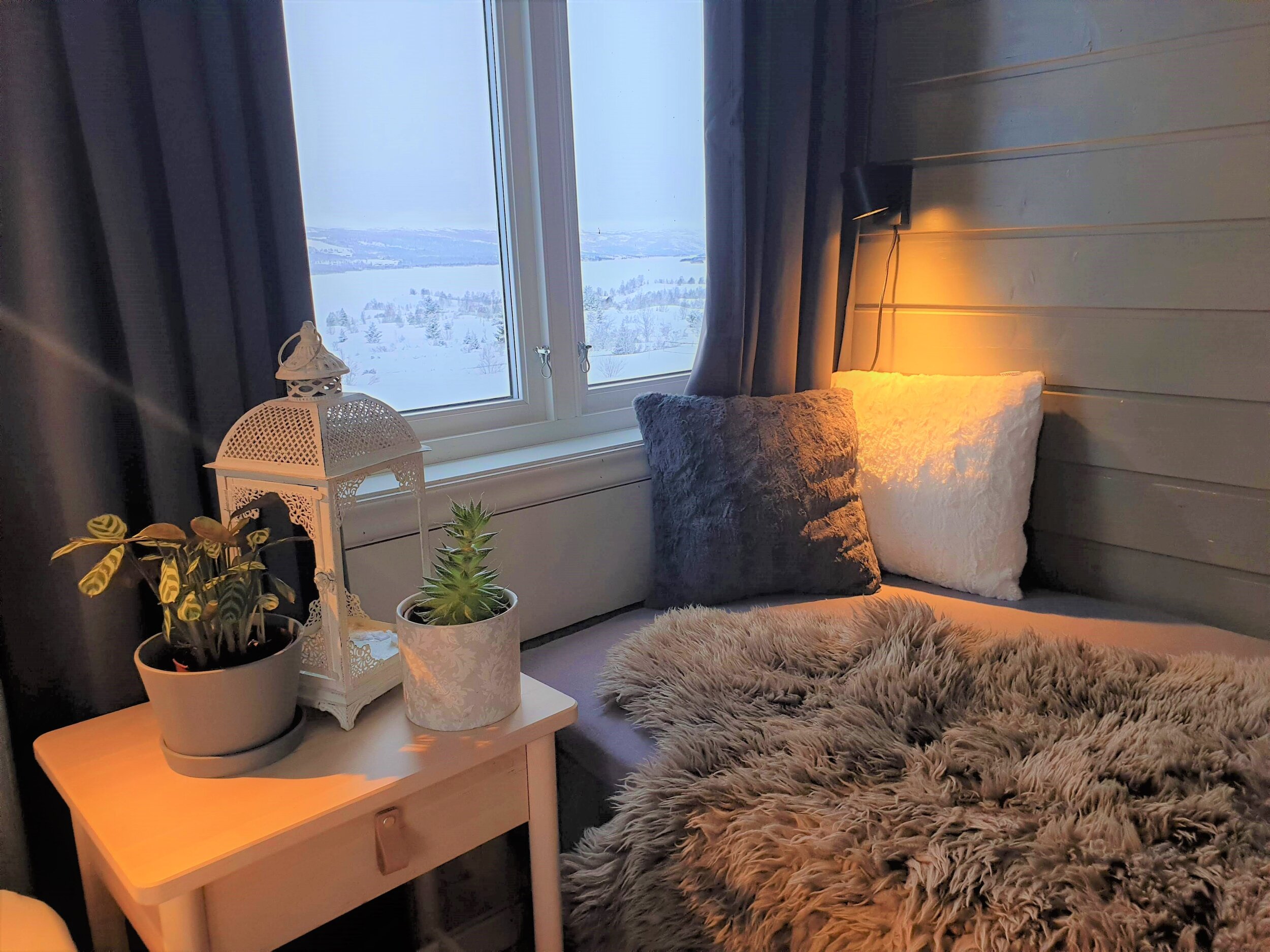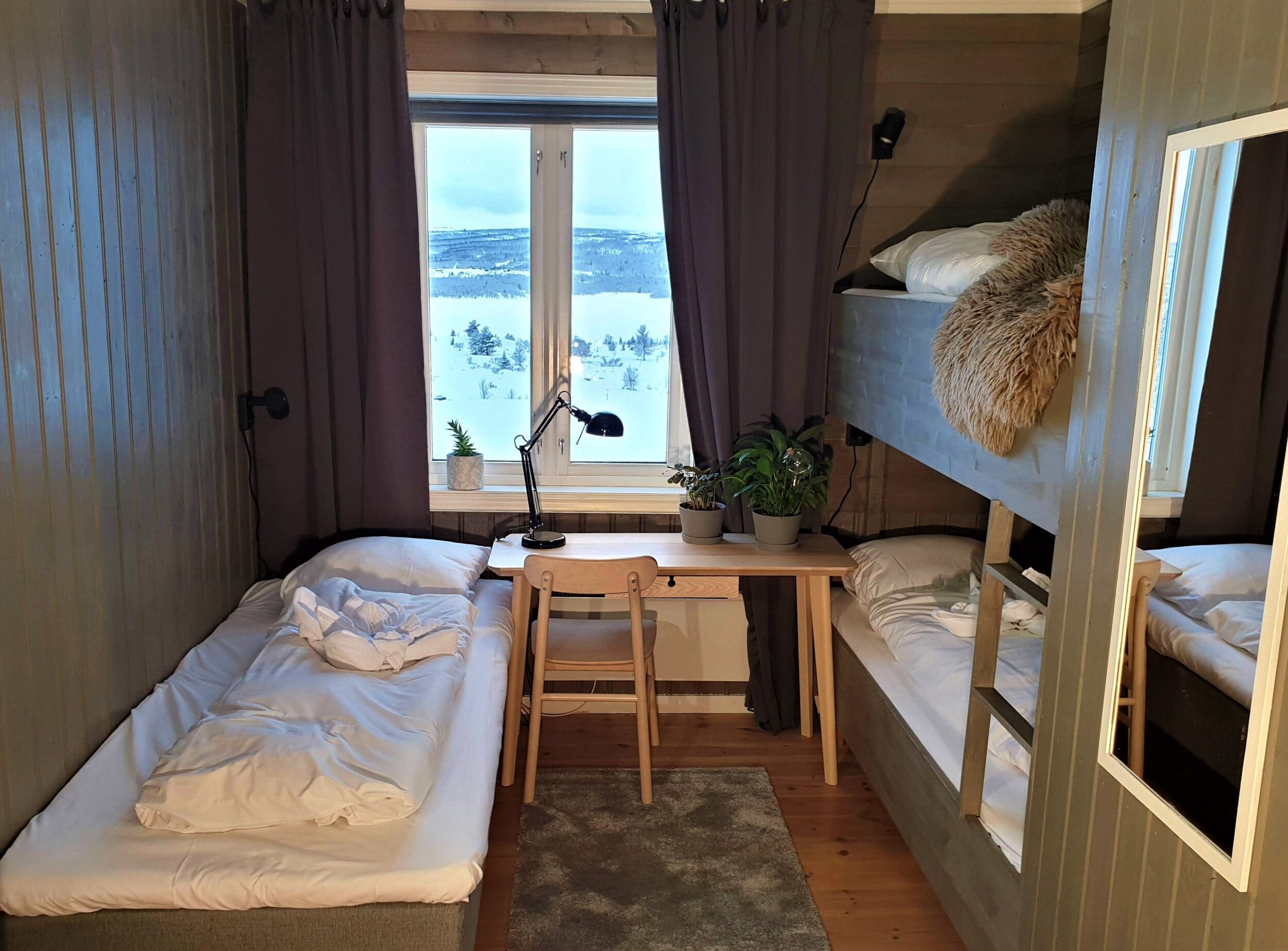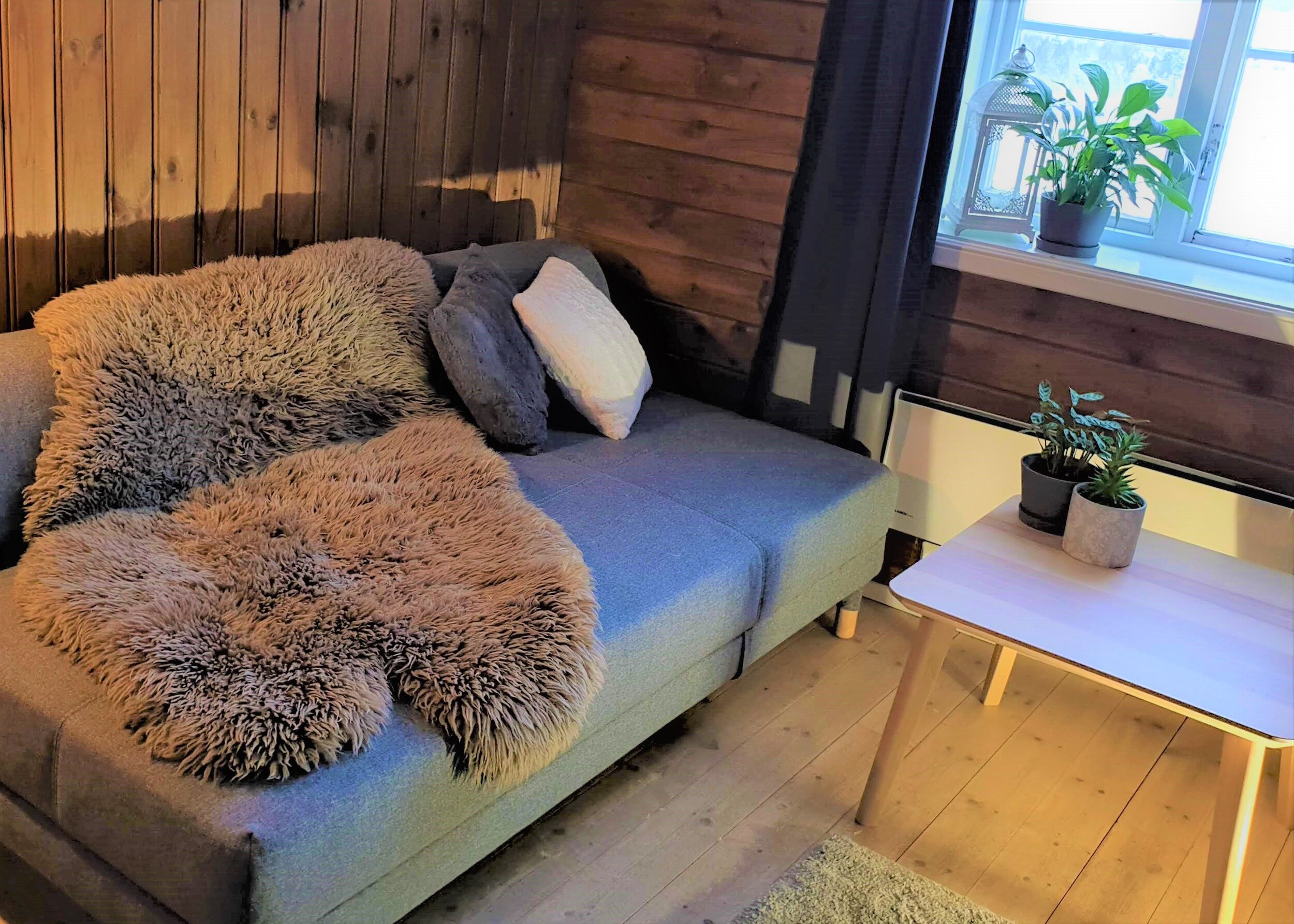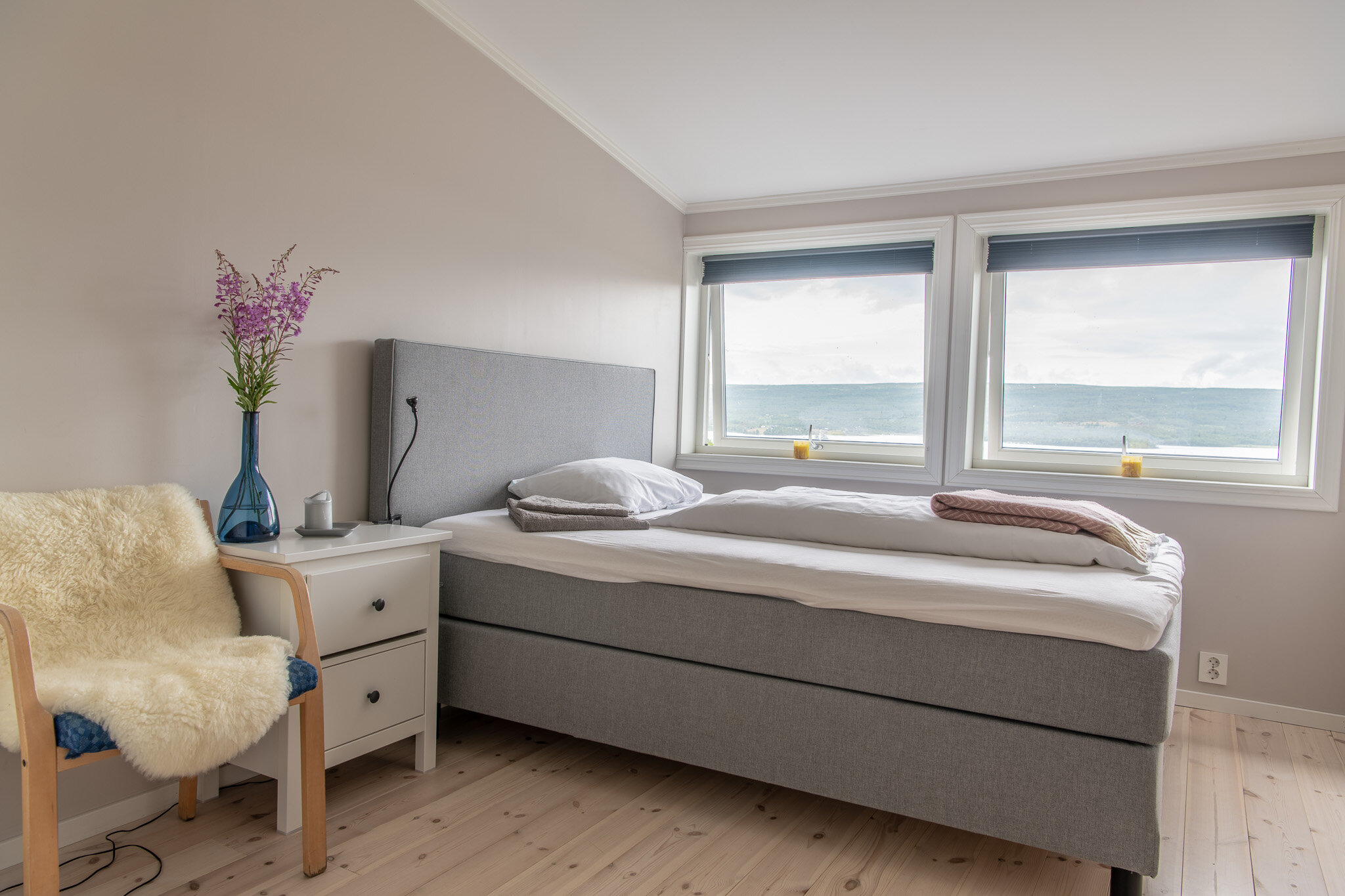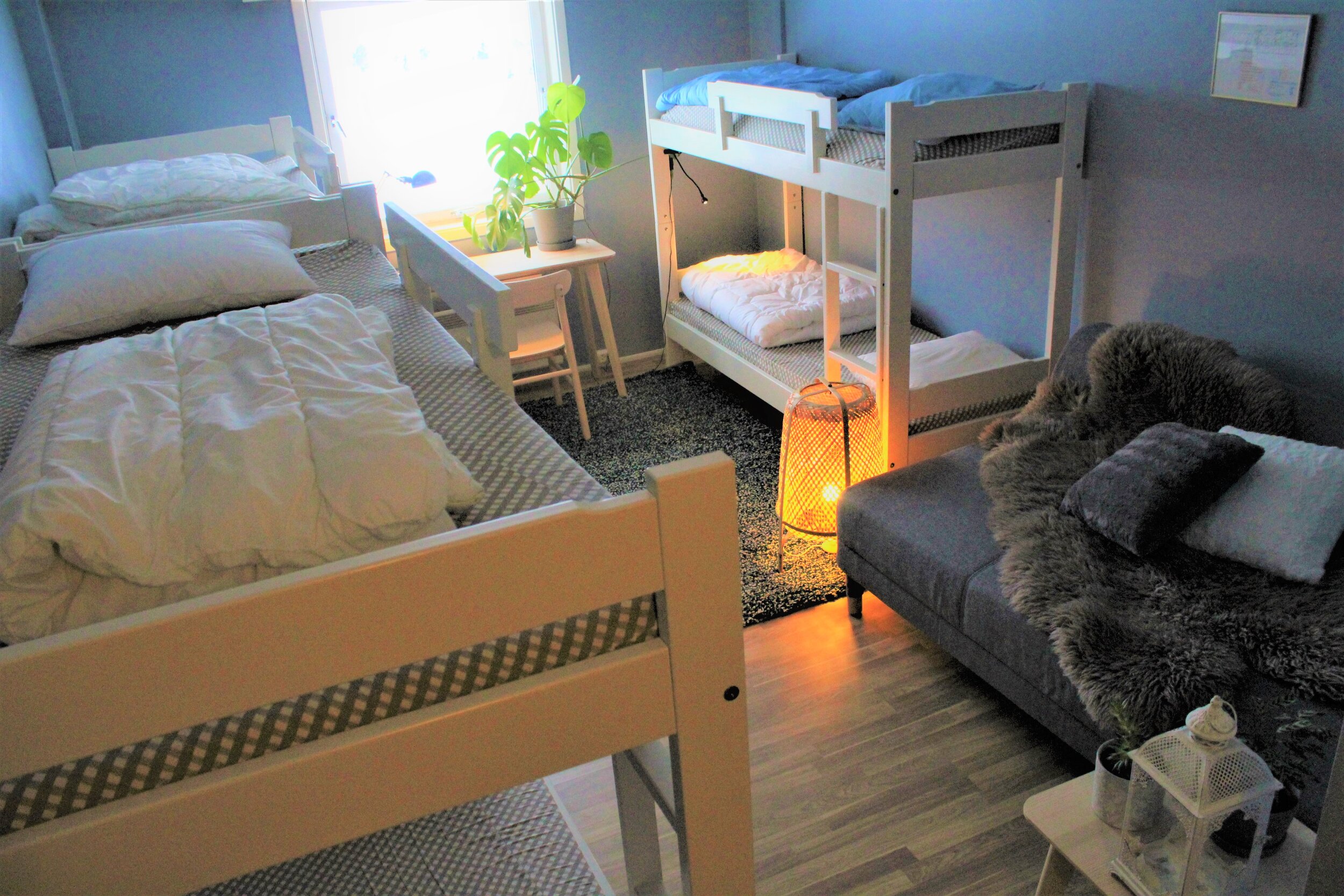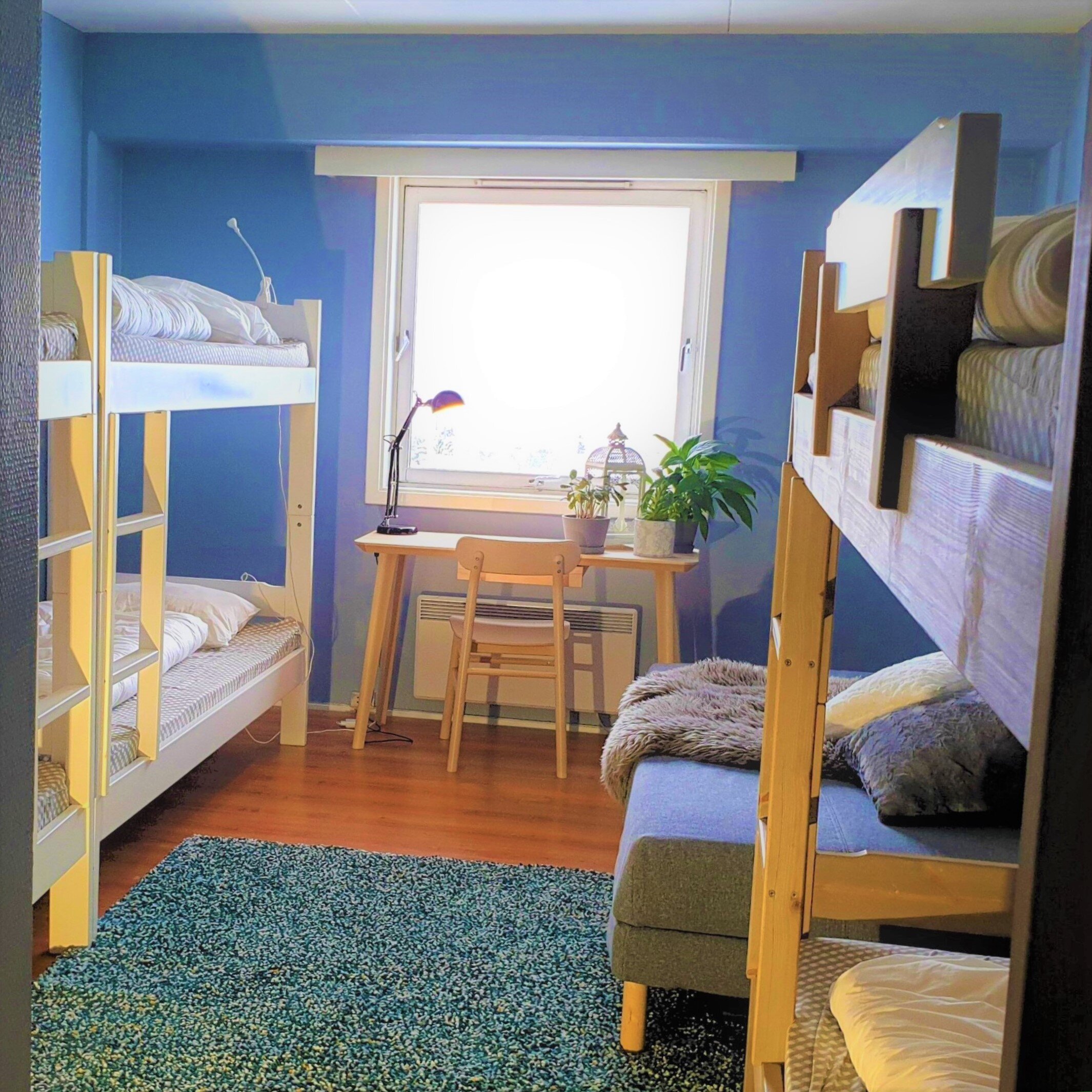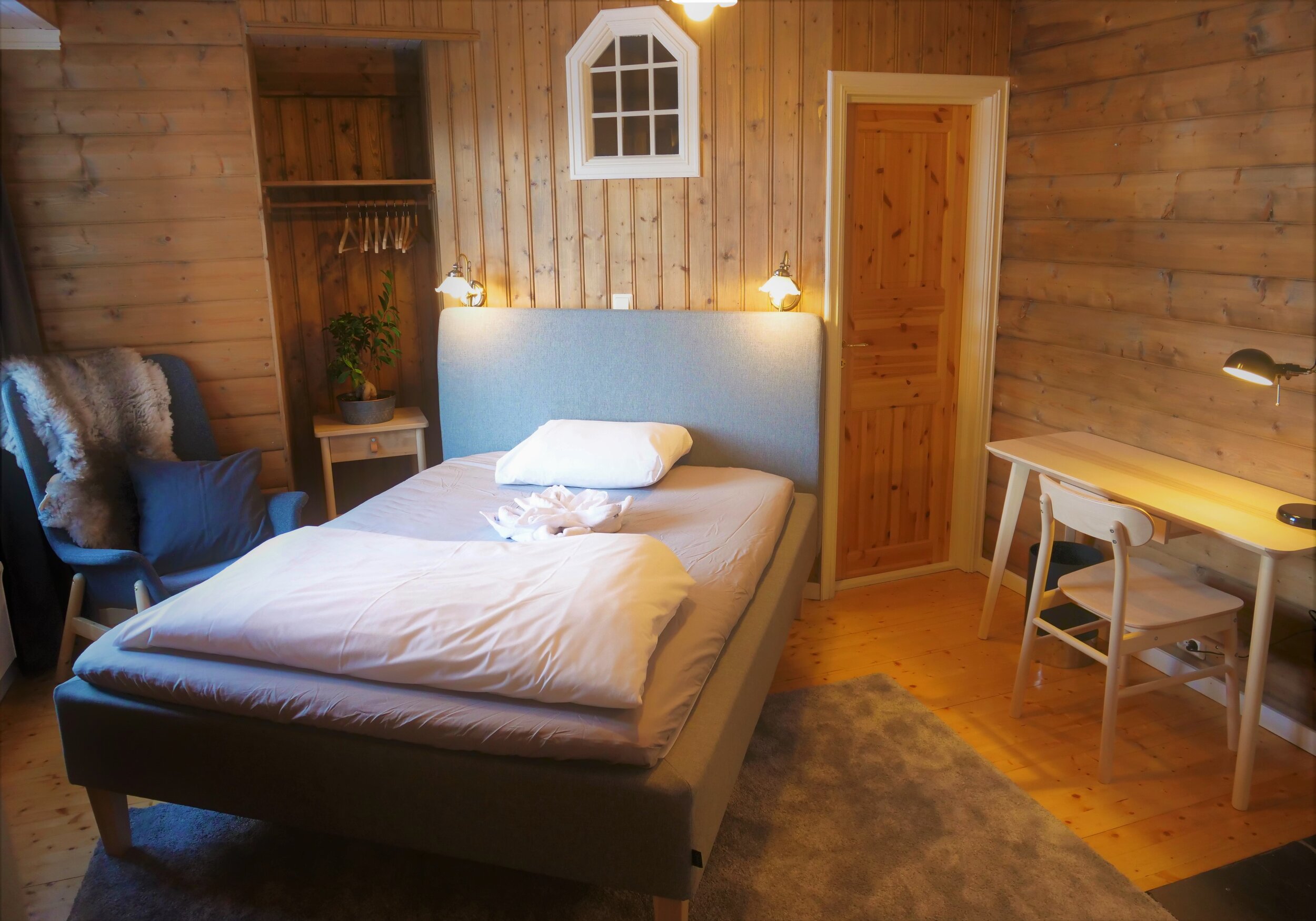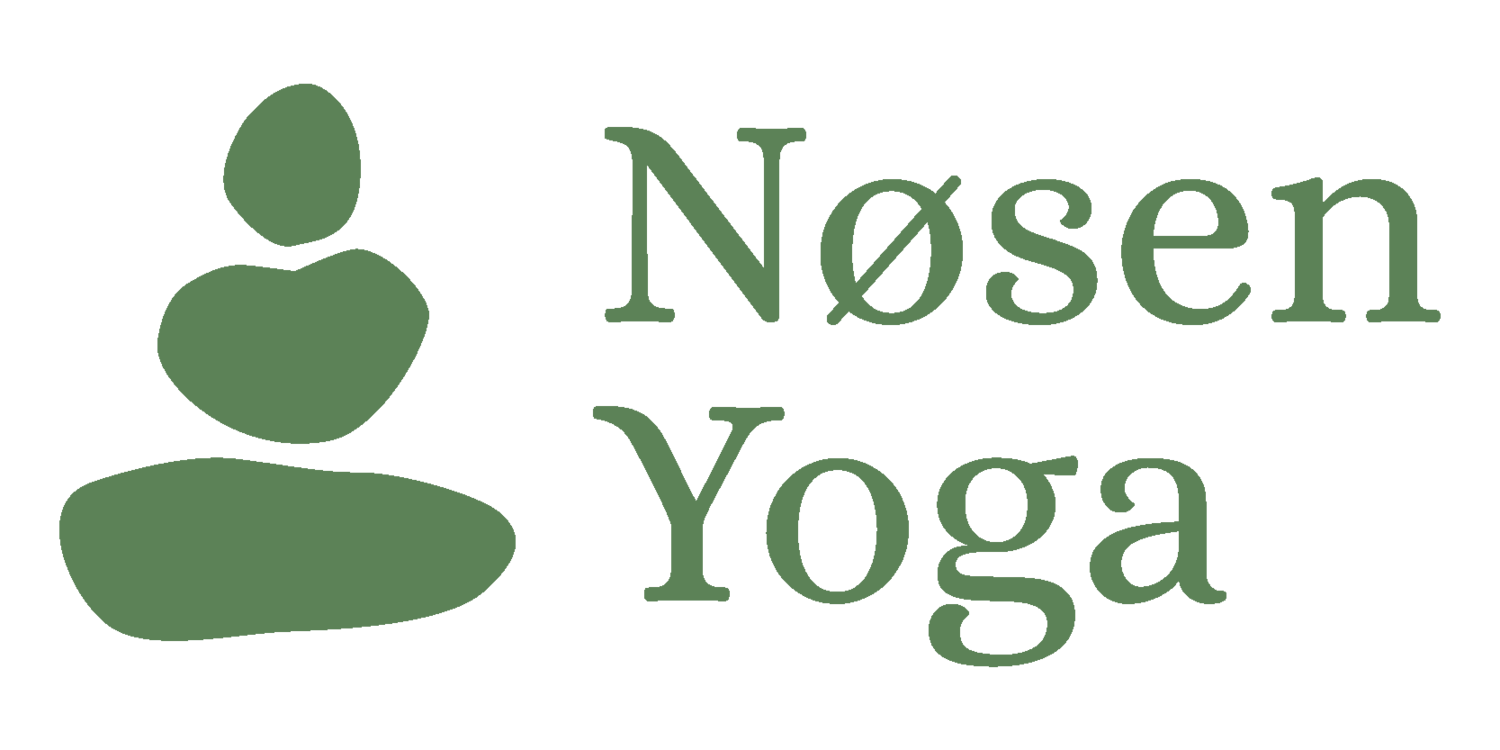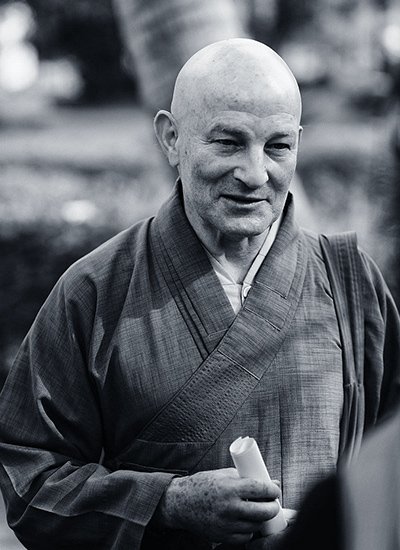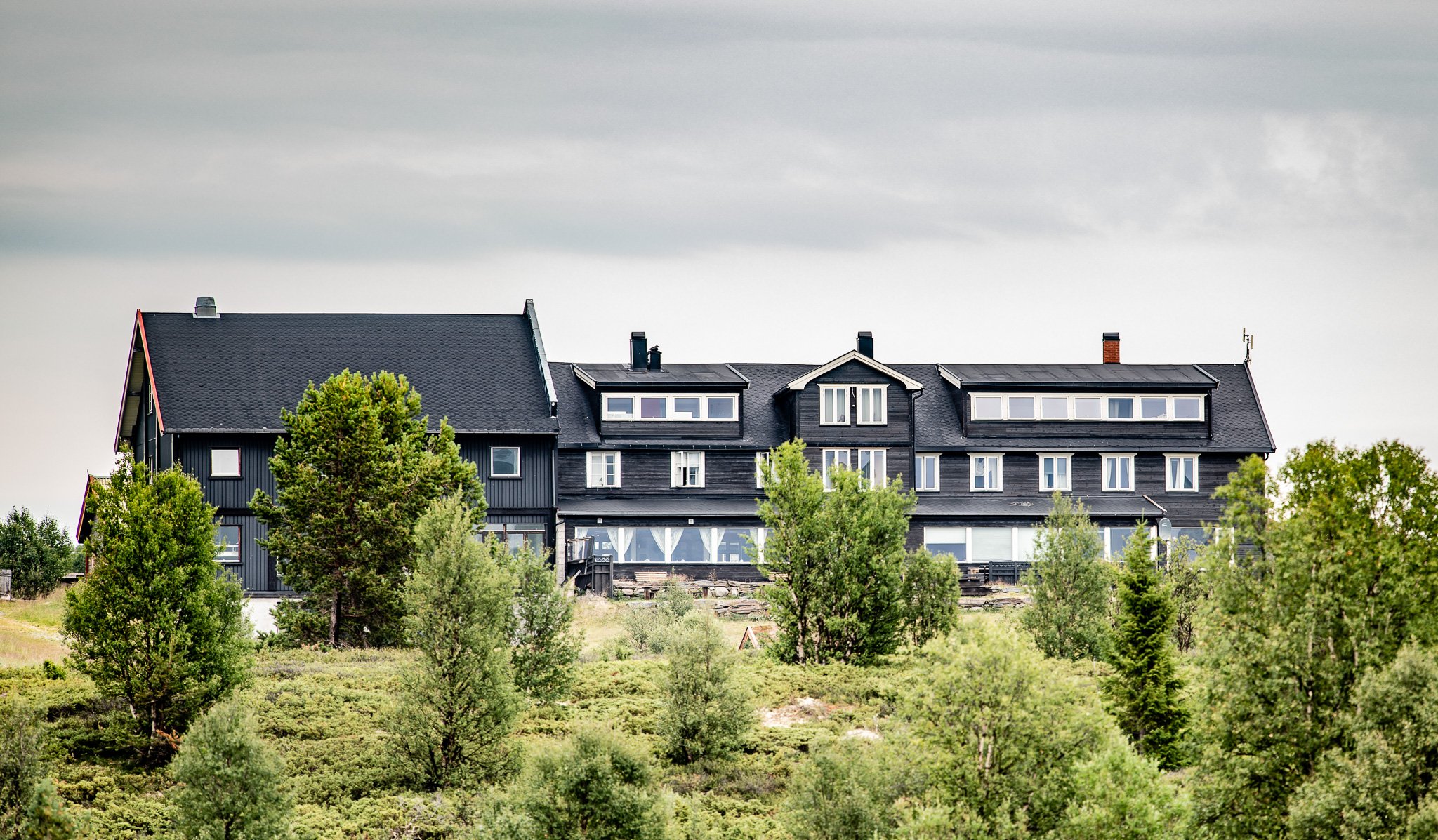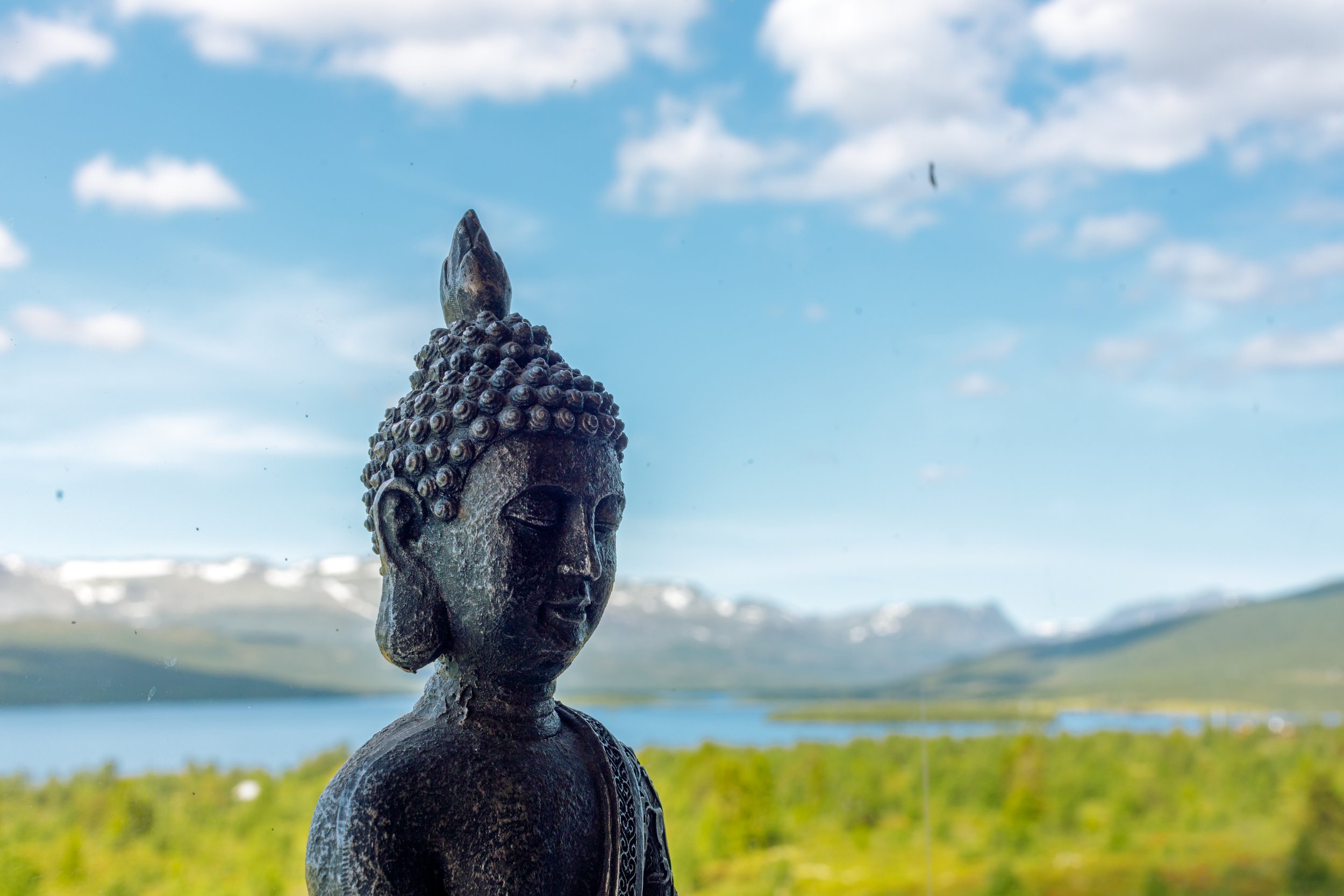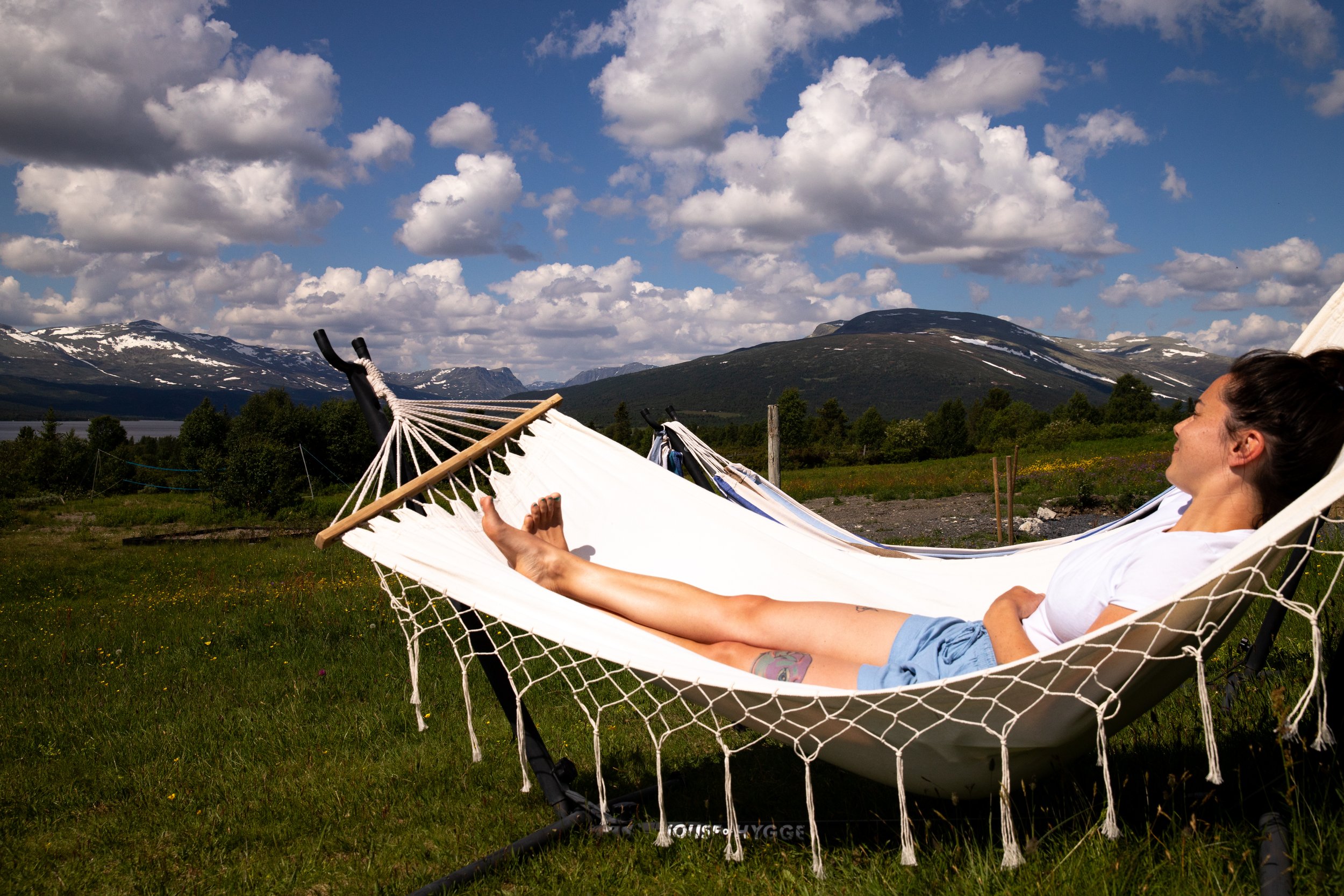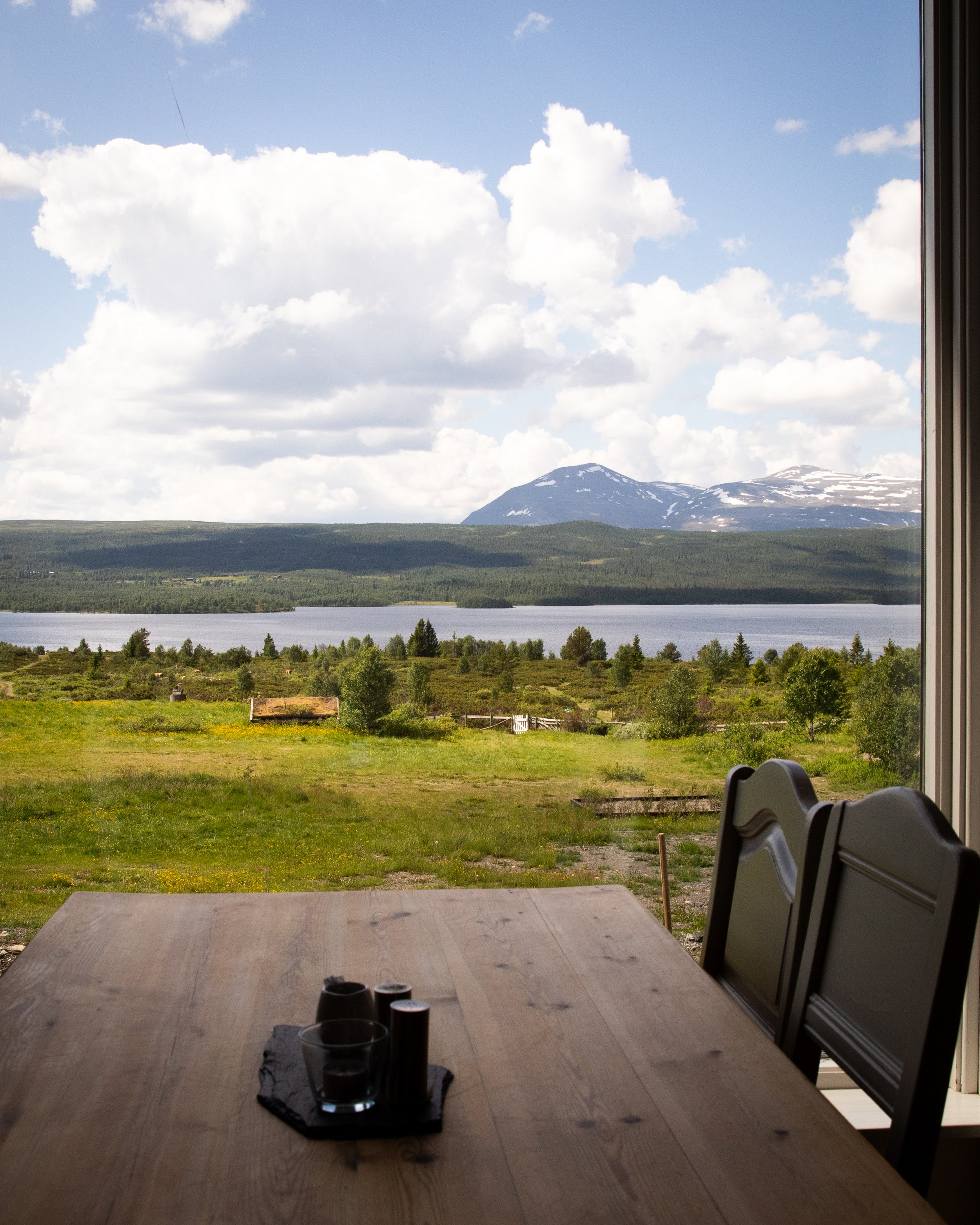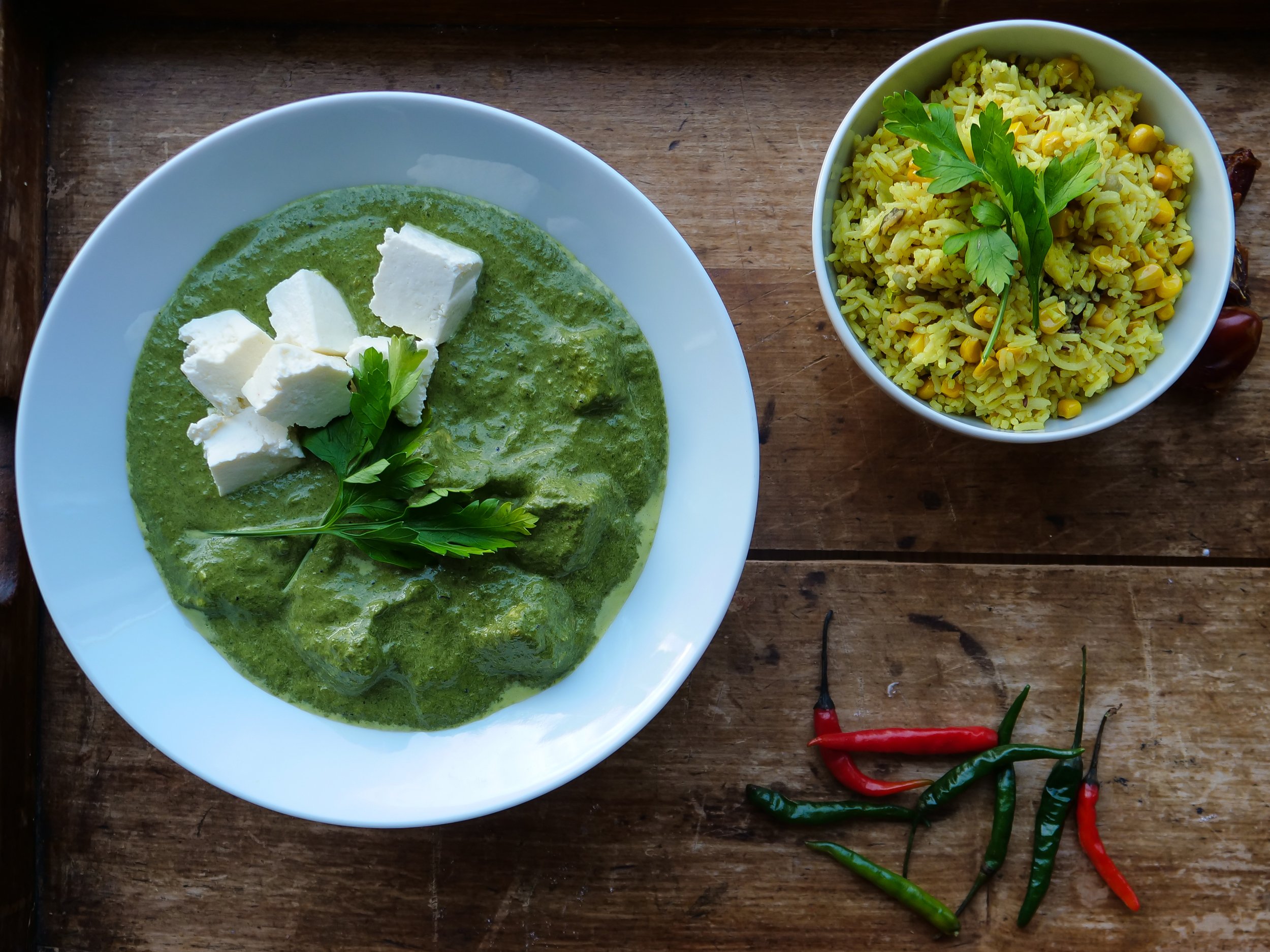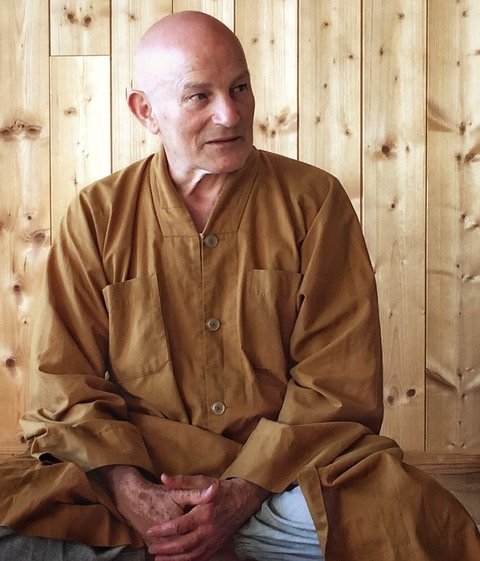We are honored to host once again a retreat with Ven Dhammadipa, a meditation master with more than 40 years of experience. This year he will instruct us in meditation on the four elements, which form an indispensable basis for understanding our bodies, health, and material reality. Thus, this is the basis for both Sutra and Tantra teachings
The four elements are central to the Asian understanding of reality: they are found as Tattvas in the Indian Samkhya System, Dhatus in Buddhism, and Tibeto -Chinese medicine they relate to bodily organs and meridians. The Buddha taught in several of his discourses how the material world, including our bodies, is made up of these four primary elements — earth, water, fire, and wind — and how, through meditation, one can practice mindfulness and develop the right wisdom to see reality as it is.
An antidote to Narcissistic attachment
As we tend to cling to materiality, and in particular to our physical body, many narcissistic tendencies or disturbing emotions derive from the attachment and the identification with our material form. Meditation on the elements is an antidote to our attachment to our physical bodies and attachment/aversion towards sensations.
“In this body what is hard or rough is the earth-element, what is flowing or cohesion is the water-element, what is maturing (ripening) or heat is the fire-element, what is pushing or supporting is the air-element,” and he should advert and give attention to it and review it again and again as “earth-element, water-element, fire-element, air-element,” that is
to say, as mere elements, not a being, and soulless.
Visuddhimagga
Promoting balance of mind
Through meditation, we come to understand that the reality we cling to is nothing but the elements in various combinations: the “pain” in my back, for instance, maybe a combination of tightness (earth) and a burning (fire). Thus, these are not my “pain” but simply constituents of reality. When material elements are seen in this light, the practitioner is gradually freed from illusions and thus his/her mind is liberated so that pleasant and unpleasant stimuli do not disturb.
Thereby, one is unafflicted by pairs of opposites
Yoga sutras 2.48
The elements in Buddhist Tantra
The elements are also central to Buddhist Tantric practice in that they are connected with negative emotions like desire, attachment anger, pride, and jealousy. To transform the four negative emotions into the five kinds of wisdom, we need to understand the elements
The retreat will also include sharing the wisdom of menstrual cycle awareness and how this practice can be integrated with yoga and be a powerful sadhana in itself.
The retreat is open to women of all ages and may be of particular interest to mothers, women in peri-menopause/menopause, those wanting a deeper connection between their cycle and yoga practice, or any women seeking a retreat experience combining both Ashtanga yoga and gentle, restful practices.
Timetable
Sunday
15:00 Arrival and check-in
16:00 – 17:00 Introduction to the retreat: Meditation on the elements
17.00 – 18:00 Stretching/ Yoga
18:00 – 19:00 Dinner
19:00 – 20:00 Theory and practice
20:00 – 21:00 Dharma talk/ Satsang/ Recitation
Monday - Wednesday
05:30 - 07:00: Qi Gong/yoga session
07:15 - 08:00: Meditation sessions
08.15 - 09:00 Meditation session
09.00-10.00 Breakfast
10:00 - 13:00: Lecture and meditation sessions
13:00 – 15:00 Lunch & Free time
15:00 – 15:45 Meditation
16:00 – 16:45 Meditation sessions
17.00 - 18.00 Yoga
18:00 – 19:00 Dinner
19:00 – 19.30 Meditation sessions
19.30 – 21.00 Dharmatalk/ Satsang/ Recitation
Thursday
05:30 - 07:00: Qi Gong/yoga session
07:15 - 08:00: Meditation sessions
08.15 - 09:00 Meditation session
09.00-10.30 Breakfast and check out
10:30 - 13:00: Lecture and meditation sessions
13:00 – 15:00 Lunch
About Venerable Dammadipa
Lay name Thomas Peter Gutman) was born in Czechoslovakia in 1949. He studied Chinese Literature and Philosophy at Prague Karl University, graduating in 1969, and then studied Russian literature at the Hebrew University of Jerusalem, where he received a degree in 1973.
In the late seventies, Venerable began his Buddhist studies in Berlin, where he had immigrated as a refugee after the Soviet invasion of Czechoslovakia. In 1977 he received a master’s degree in Chinese literature and philosophy at the University of Paris. In 1979, he enrolled at Nalanda University in India (where he also taught French and German) to study Sanskrit and Buddhist Philosophy. After receiving a degree at Nalanda in 1984, he returned to Berlin University and served there as the Associate Librarian. In 1986, Venerable Dhammadipa went to Japan and studied under Zen Master Harada Serrei Roshi of the Caodong school practice. He was given a Dharma name as Xing-Kong (meaning Nature of Emptiness).
In 1987, with the encouragement of Venerable Athurugiriye Nyanavimala Mahathera, Venerable Wijayasoma Mahathera, and Venerable Dikwelle Mahinda, he was ordained as a monk in Meetirigala and was given a Dharma name as Dhammadipa (island of Buddhism or Dharma). He received the full Theravada Bhiksu ordination in Sri Lanka where he practiced meditation under the guidance of his preceptor, Venerable Nanarama Mahathera. In 1989, he received the Three Fold ordination as a Mahayana Monk in Hsi Lai Temple, Los Angeles, and began Dharma teaching in US, Germany, and Taiwan.
In 1996, Venerable went to Myanmar to practice meditation with the contemporary master Venerable Pa Auk Sayadaw and was recognized by the Sayadaw to be the first of the Sayadaw’s Western disciples qualified to teach meditation. He has since been teaching Samatha (tranquil mental states) and Vipassana (direct seeing of the Dharma) meditation at monasteries and universities worldwide.
Venerable Dhammadipa speaks Czech, French, German, English, Russian, and fluent Chinese. He reads and translates Buddhist texts from Pali and Sanskrit. His translated works in French and Czeck include Treatise on the Awakening of Faith in the Mahayana (Mahayanasraddhotpada-sastra), Entry into the Bodhisattva Path (Bodhicaryavatara) and a Collection of Han-San’s Poems. His teachings in Taiwan have been compiled and printed in Chinese.
Price of the workshop
Shared room (max 4 guests sharing a room): 8.550 kr per person
Double room with own or shared bathroom 13.900 kr per person
Twin room (max 2 guests sharing a room): 10.550 kr per person
Single room (a private room): 13.550 kr per person
Price includes:Workshop lectures and classes
Accommodation at Nøsen Yoga og Fjellhotell for 4 nights
Delicious plant-based meals during the entire stay
Sheets, blankets, and towels
Complimentary tea, coffee, and infusion during Breakfast & Lunch

